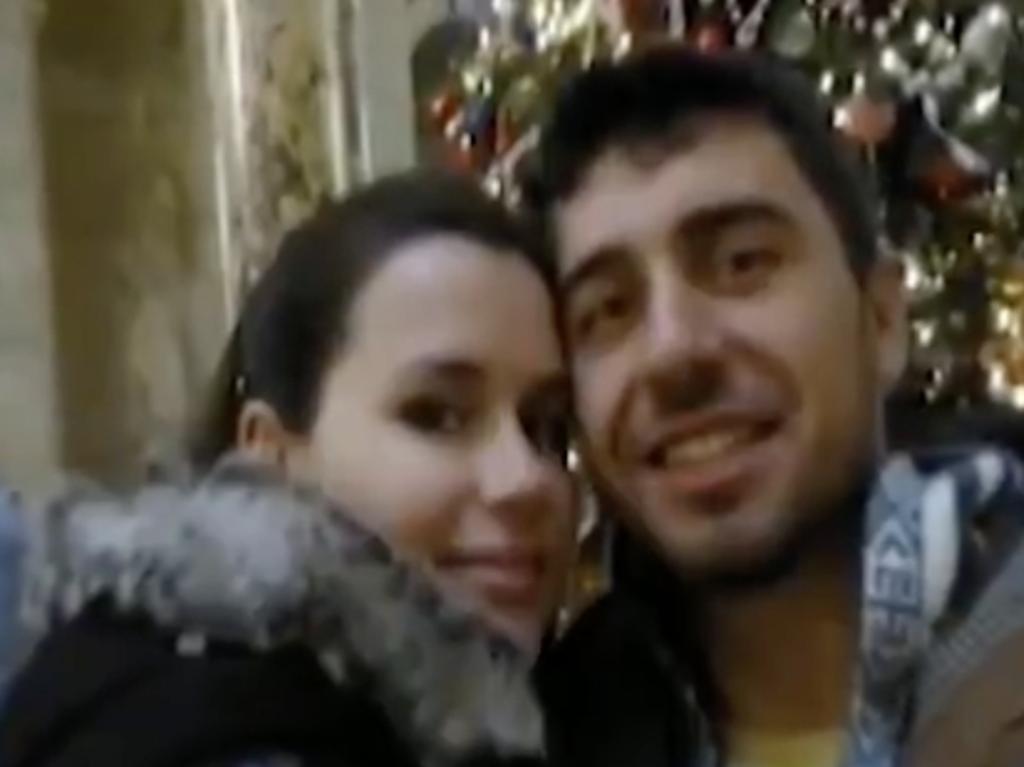Kylie Moore-Gilbert and her husband, Ruslan Hodorov, were building a quiet life together in suburban Melbourne. Then the British-Australian academic was arrested in Tehran, and along with Hodorov was accused by Iran of involvement in covert operations spanning the Middle East.
Moore-Gilbert, then 31, was a richly-credentialled scholar. The couple had just bought a house in Belgrave, in the city’s east.
But by that time, according to Iran, she had already been recruited into Israeli intelligence and gone behind the lines in Syria. Her husband was the purported puppet master who had recruited her and induced her to convert to Judaism, Iran’s Fars news agency claimed.
From her arrest in September 2018, she was shuttled between some of the country’s toughest jails. Earlier this month, after 804 days, Moore-Gilbert was finally freed after Iranian authorities secured their terms — a prisoner swap for three terrorists jailed over a 2012 bombing in Bangkok.
The differences between mundane Melbourne suburbia and Iran’s telling of the Moore-Gilbert affair could not be starker. If Moore-Gilbert and Hodorov are indeed in the service of an international intelligence operation, the clues of their past life would have to be the most elaborate of covers.
Because those remnants, in social media posts and writings, reflect who they purport to be: academics who shared a passion for Middle Eastern studies, envisioning a well-lived life together in Australia.
Read the article by Jamie Walker in The Australian.

